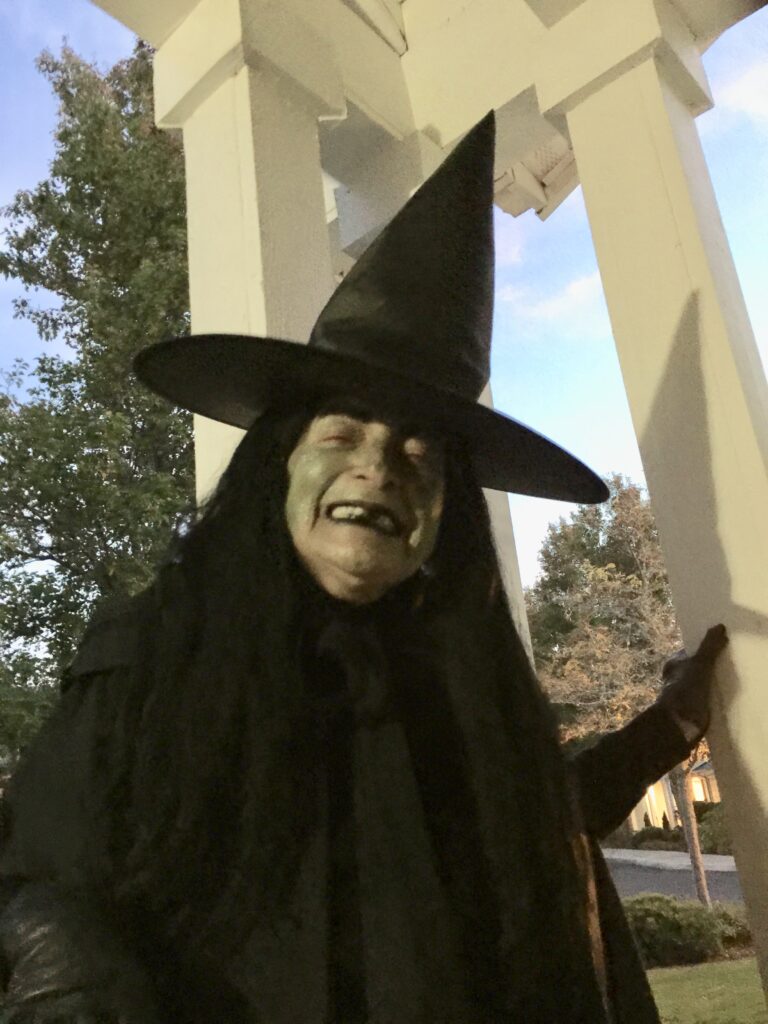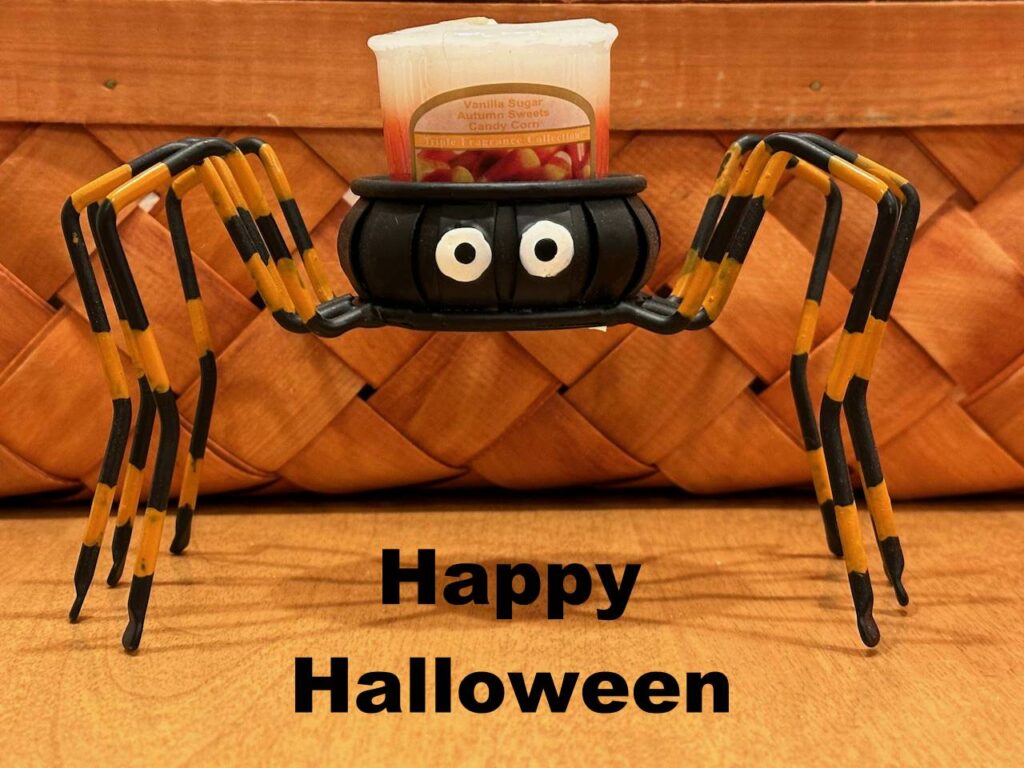For your Halloween enjoyment, I offer this fascinating article:

Witches around the world
“The belief in witches is an almost universal feature of human societies. What does it reveal about our deepest fears?”
Gregory Forthis, retired professor of anthropology at the University of Alberta and a Fellow of the Royal Society of Canada, has spent his professional career studying witches. He argues that “the idea of the witch is a universal constant looming over cultures from the islands of Indonesia to the pizza parlours of the modern United States.”
Here’s his definition of witch: “A witch is a human being who, motivated by malice, wilfully harms other people not openly by any physical methods, but by unseen, mystical means.” He emphasizes that he’s talking about “wicked witches,” not the good witches who have arisen from “the derivation of ‘witch’ from an Anglo-Saxon word further applied to healers and benevolent magicians.”
Forthis contends that the universality of witchcraft reveals “our persistent and enduring tendency to imagine the existence of evil people, either next door or somewhere in the next valley, who constantly strive to harm us by supernatural means. Thus, the same ideas crop up time and again in places that are otherwise culturally different and geographically distant.”
He examines anthropological studies of witchcraft over centuries. Anthropologists and philosophers have frequently seen the practice of witchcraft as a method for either maintaining social structures or reforming social relationships that are no longer supportable. Finally, Forthis comes around to the concept of the witch as arising from deep human psychology; further, “the more we understand the belief [in witches] as a tendency inherent in the human condition, the better chance we have of controlling and counteracting its worst effects. At least we’ll have a better idea of what we’re up against.”
© 2024 by Mary Daniels Brown

